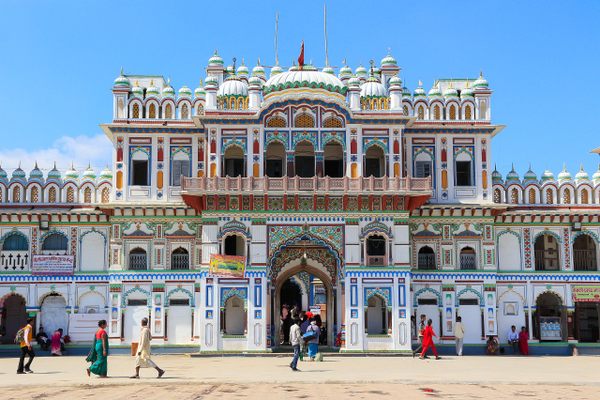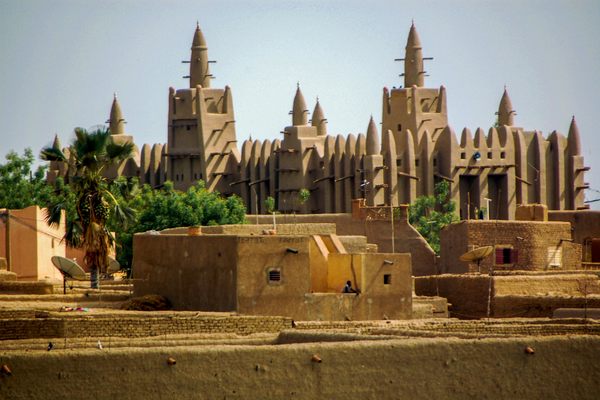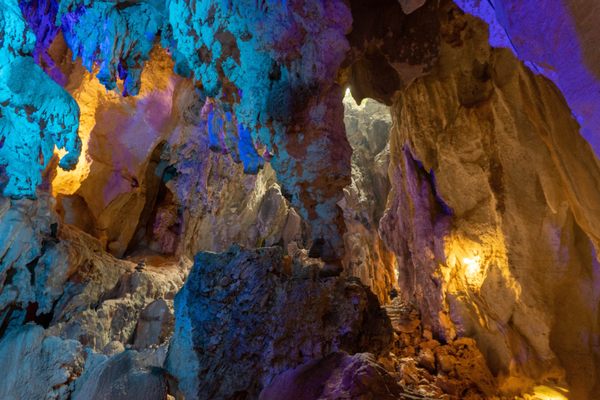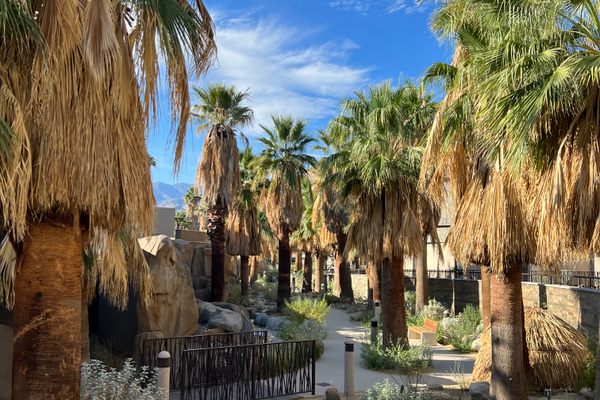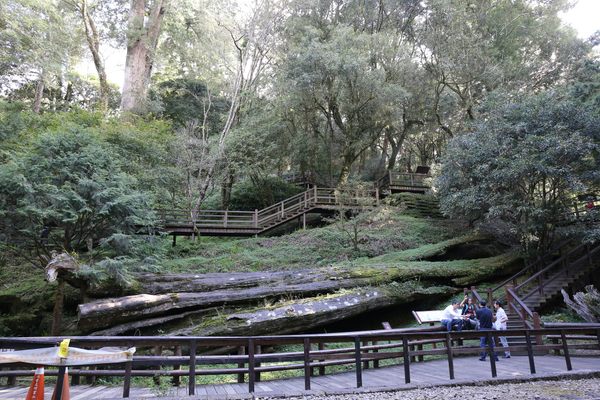About
Stonehenge in England, the Ring of Brodgar in Scotland, the medicine wheels of the American West, and in the Dominican Republic, the Corral de Los Indios: it seems that there is something universal about the creation of circular stone ceremonial and astronomical sites.
One of the few pre-Columbian monuments that exist in the Dominican Republic, it is located roughly 5 km. north of the City of San Juan de la Maguana, near the center of the island of Hispaniola (divided between this country and Haiti). It is among the most important pre-Columbian monuments of the Antilles.
The site is composed of a circular clearing some 235 meters diameter, with a 1.50 meter long gray stone with a face carved on one end in the center. Though research on the site is somewhat scant, it is said that the site originally had two rows of black stones forming two concentric circles around the center which were destroyed by an irrigation district manager or builder, for the hydraulic works in the Canal Juan de Herrera.
The site was further damaged in 1918 when Americans, during their invasion of the country, laid the center stone upright. Between the years of 1960 and 1965, restoration work was done by Emil Moya Boyra, returning the center stone to its original condition where it remains today.
It is believed the site was a ceremonial place for the Caonabo and Anacaona Indians as well as a astronomical instrument. It is said that from the center rock astronomical phenomena could be observed and lined up with the outer rings of rock with great precision.
Related Tags
Published
June 29, 2010








